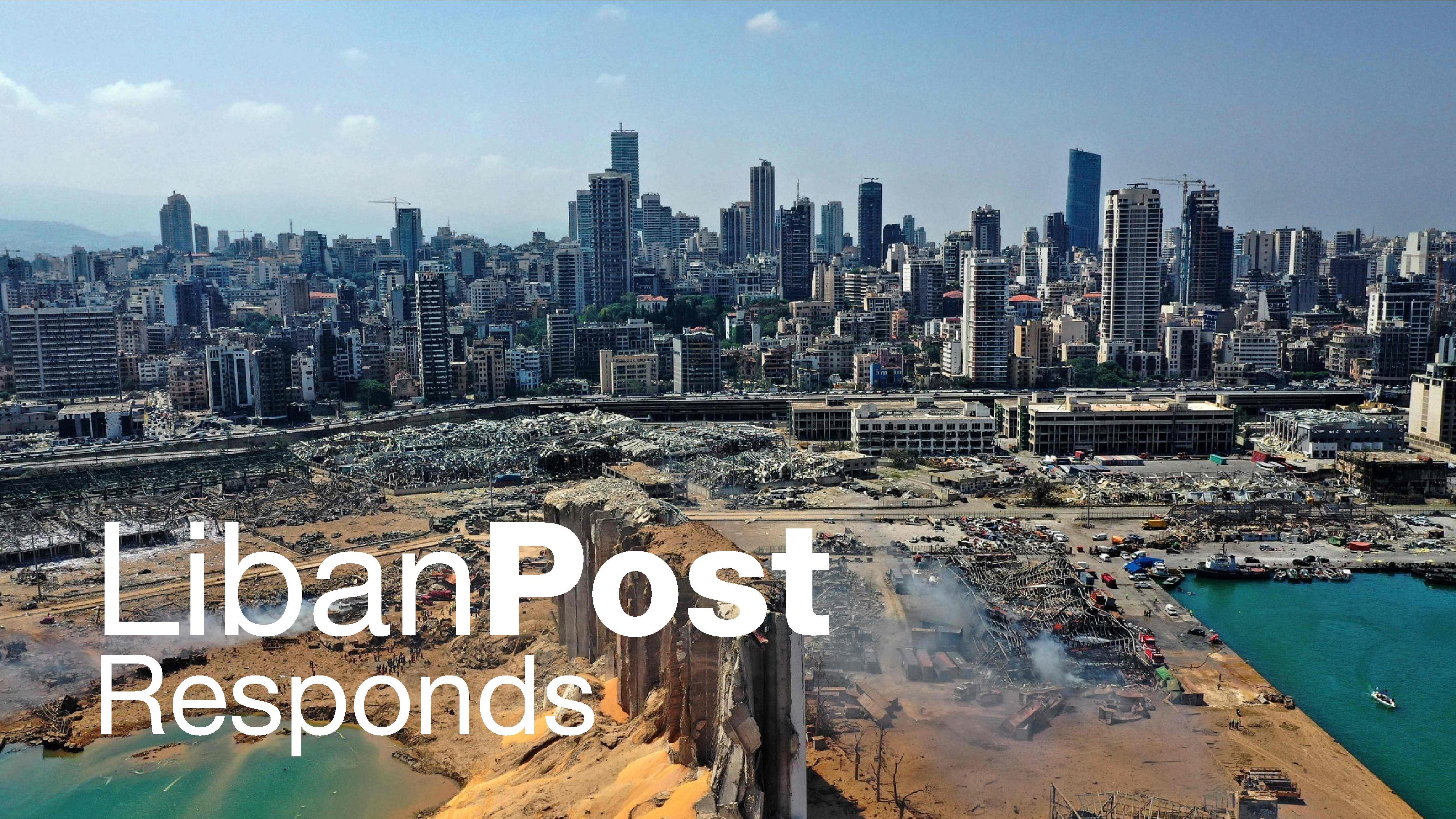The following is part 3 of our series on how LibanPost kept working after the August 4th explosion in Beirut, Lebanon.
How do you deliver post to 300,000 people who have just been made homeless in a city that’s in a state of emergency?
Lebanon’s postal service had to close entirely for three days following the August 4th explosion that devastated parts of its capital, bringing its services to a halt up and down the country.
The logistical nightmare, said CEO Khalil Daoud, forced the decision to close. “The first thing we had to think about was whether the explosion could be repeated. Was it manmade? An accident? Are there still explosives in the area? If it’s manmade could it be repeated in other areas? These are all considerations we had to look at for the security of our employees,” he said.
Then came looking after the staff, making sure everyone was accounted for and that the injured were receiving treatment and the homeless had somewhere to stay.
The closure was also necessary to deal with the damaged branches, according to Sanaa Elias, the Retail Operations Manager at LibanPost.
“The next day… we started to search through the rubble [of the damaged branches] and we managed to effectively only lose two items [of post].”
While the branches remained out of operation for the following weeks with the explosion causing over $115,000 of damage, LibanPost quickly worked to make sure that people would still be able to access their PO boxes. All other services were then available in the non-affected branches across the country.
For the people who were still living in the blast site though, an innovative and more convenient solution was found. Over the past two years, LibanPost had been putting together a fleet of four caravans that they had turned into mobile post offices, to take advantage of festivals and seasonal mountain resorts. Now, in the site of a disaster zone, they had a home.
But how do you deliver post to the estimated 300,000 people who have just been made homeless in a city that’s in a state of emergency?
For HQ, all they could do was further promote their digital services, in which people could change their address and access all the other services available in branches or online. For postal workers like Mohammad Fakro, who’s delivery route takes him directly through the blast zone, being on the ground was much more of a puzzle.
“In many neighbourhoods, we are relying on the people who are still there to direct us towards the people who have moved to another part of the city or to find out if they are still alive,” Mohammad said.
“Delivering in those areas, there were many of us that were afraid the buildings would collapse while we were walking up the stairs because they looked so unstable. So now we are using calling cards and holding onto people’s post if we can’t find them.”
